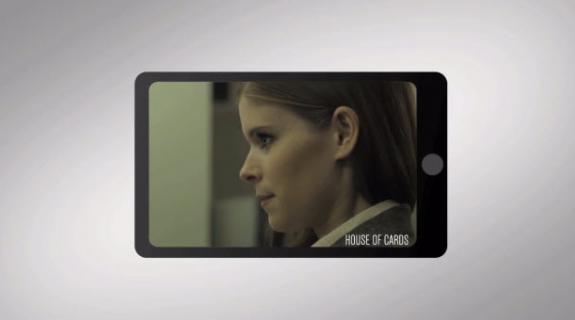What if the TV spoiler as an annoyance is a thing of the past? As streaming sites like Netflix and Amazon pick up speed, the idea of spoiling a weekly episode of television is slowly changing definition and people’s attitudes are changing along with it.
Netflix recently commissioned a study to delve further into the idea of the TV spoiler. They sought to find who was doing it, who accepted it and how it was changing TV habits online and on air.
For the study on spoilers, Netflix partnered with cultural anthropologist, Grant McCracken, who found that as TV has evolved, so have TV viewers. Netflix argues that recently, TV has gotten better, creating more of an urge to spoil exciting plot points and unexpected twists. According to the video presentation, “it was almost as if there was a pressure to spoil.”
The findings are wrapped up neatly in a video below:
A Harris poll conducted last month on behalf of Netflix found that 21 percent of Americans believe it’s acceptable to share plot twists immediately after they happen on a show (conversely, only 4 percent of viewers in the U.K. say it’s OK to discuss TV spoilers). More than 90 percent of Americans said that hearing a spoiler doesn’t make them stop watching that show, and 13 percent responded that a spoiler could actually make them more interested in watching a particular series. Roughly 76 percent of Americans say they have accepted spoilers as a fact of life.
The Netflix study went on to break down the types of TV spoilers - from the shameless spoiler who is completely uncensored and considers any new television revelation as fair game, to the clueless spoiler, who blindly assumes everyone else has seen the same episodes they have seen.

Lastly, Netflix decided upon certain spoilers throughout television and film that it considers in the public domain, making them acceptable to discuss on social media because enough people have seen or heard of the particular plot twist. Among the TV brands on this list? Dawson’s Creek, Weeds, Twin Peaks, Gossip Girl, Dexter and Lost. So if you haven’t watched those shows yet, better beware.
Read more at Variety and Netflix.
Brief Take: Through this study, Netflix is taking further ownership of the idea of binge-viewing, and now taking ownership of the spoiler as well. By doing so, it’s reiterating that its brand is one of TV’s most innovative.
[Image courtesy of Netflix]
Tags:













































__twocolumncontent.jpg)











